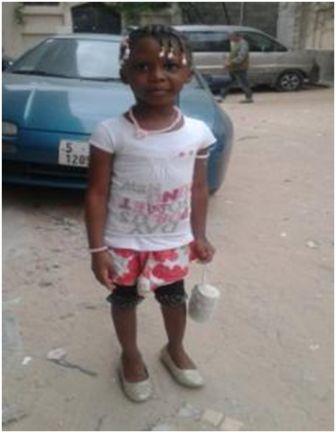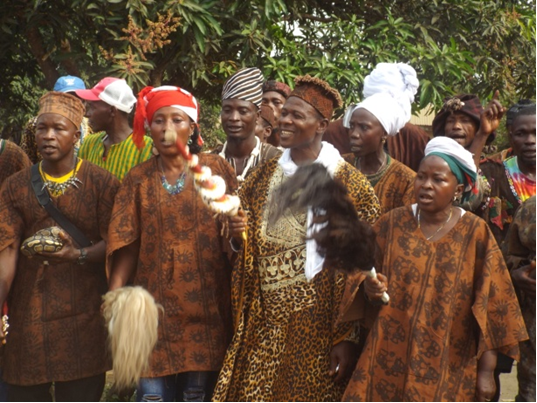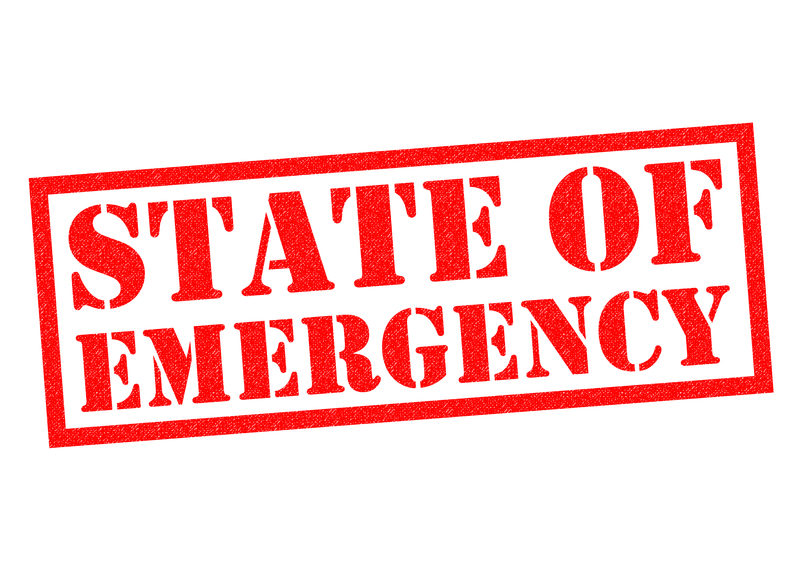Gladys Fights against her daughter facing FGM
Gladys Gabriel Conteh, a Sierra Leonean who migrated from Libya following the outbreak of a revolution against Muhammad Gadhafi back home in Sierra Leone and later escape with her daughter to unknown location
Gladys’ migration from Sierra Leone to Unknown place was based on well-founded fear that despite the country made important international commitments to combat discrimination by signing Article 6 of the 1969 International Convention on the Elimination of Racial Discrimination (ICERD), yet they have failed to meet to its obligations to protect everyone within its jurisdiction.
As such she and her children have been victims of horrendous attacks in the North African country, after the husband was kidnapped. Classified as Africa Migrants Workers, Gladys’ story is one of abductions, racial discrimination following identity checks at homes, workplaces etc by unidentified militias who often demand ransom, failure which results to the deaths of many innocent African Migrant Workers in Libya.
The palpable situation convinced her to return to Sierra Leone but when the issues of FGM became widespread and her husband’s parents forced her to initiate her eldest daughter, she refused, stowed-away with her children and left for safer environment ending up to unknown place. When the family of her husband were making plan to take her and her daughter to a sacred bush for some Ceremonies and also to do the initiation on her five years old innocent child
Gladys is fighting to settle in Europe because of issues in Sierra Leone she is in contention with. Though Sierra Leone has passed the Child Rights Act in 2007, which domesticates the UNCRC and recently approves the Maputo Protocol to its credit, yet Gladys strongly argues that the country still has not ended FGM practice and she is afraid that this will affect her children at home.
The mother of three said she has been a victim and doesn’t want her daughter to suffer the same when she was force to be initiated to the women’s secret society known as Bondo society . While in Sierra Leone on 10th May, 2015, she was being interviewed by some local press men whom she told her story appealing strongly to reason with her resistance to FGM.
Gladys’ argument makes a strong convincing case why she believes she must be given an opportunity to grow her children in Europe. Despite Sierra Leone was widely applauded for its international commitment to conventions and protocols, she added that there is no law that specifically bans Female Gentile mutilation or places enforcement procedures to halt it. And this is reflective all other African countries contentious with the issue.
In March 2007 a report by the United Nations High Commission for Human Rights states that the Sierra Leone Government’s response to the widespread practice of FGM in the country “is at best ambivalent”. This means that it has neither condemned the practice nor has it put in place any legal enforcement mechanism to end or curtail it.
The issue is so contentious in the country that it has affected everyone who stands on any platform to defend its ban. A case in point is current UN Chair for crimes against women Dr. Zainab Hawa Bangura who is alleged to have suffered electoral shambles in the 2002 presidential elections because of her stance against the practice. Meanwhile Gladys hopes that the European authorities will give her justice. Female genital mutilation remains controversial in Sierra Leone.
Foday Mansaray
Stay with Sierra Express Media, for your trusted place in news!
© 2015, https:. All rights reserved.







